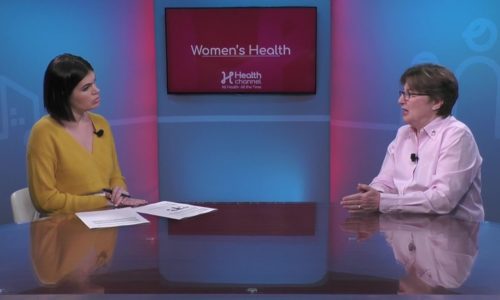Calling a Doctor in Postpartum Depression Cases |
Normally, the postpartum depression starts maybe two or three weeks after the delivery.
Dr. Jila Senemar, Obstetrician and Gynecologist with Baptist Health South Florida, recommends if a relative has somebody that’s having the baby blues, but they are not getting better within a week or two, that’s when they need to ask for help.
Postpartum depression also can happen with a miscarriage or stillbirth, affirms Dr. Senemar, who adds it’s worse in patients who’ve had difficulty to conceive and cannot carry the pregnancy to term.
Transcript
In your experience does postpartum depression occur mostly right after birth or are we dealing with something that maybe happens two weeks, three weeks, maybe a month afterwards? > Typically with the depression component Ed can kick in a little bit later so we’re looking at maybe two to three weeks later. But what I would recommend is if you have somebody that’s having the baby blues already and if you see that they’re progressing in a positive fashion where they’re feeling better great just keep an eye on them. But if they are not getting better within a week or two that’s when you need to definitely look in and ask for help. > What’s that indicator in your experience and in your opinion that says go to a doctor, don’t leave… > Typically Ed in my experience what I’ve had happen is the patient’s husband’s bringing the patient telling me she’s not doing well, she’s crying all the time, she can’t get anything done, she can’t take care of herself, she can’t take care of the baby, I’m concerned. > One thing we did not touch on is still birth and/or miscarriage here do you still get postpartum and baby blues even after that and… and again. Is it worse, less? how do you see it? > It’s variable, Yes. You do absolutely you can have that happen even with a miscarriage or stillbirth. It’s worse in patients who’ve had difficulty conceiving, this is their one chance of having a baby and unfortunately and in an early miscarriage or worst case scenario they make it through the whole pregnancy with an intact baby and end up in a stillbirth at full-term. > Are we dealing then in the possibility that a patient may have done to go some sort of psychological counseling as well after something like that. > Absolutely. Absolutely, they need to be evaluated because they may be at higher risk at this point because they’ve had a loss at this point. So they don’t even have a baby to take care of so it’s more dramatic.








